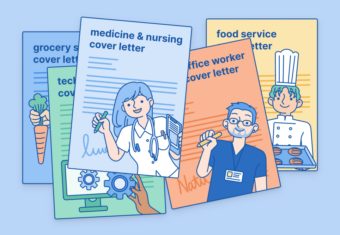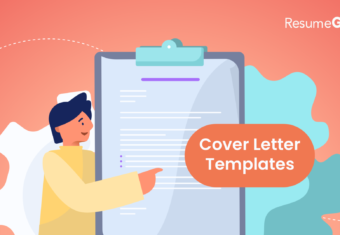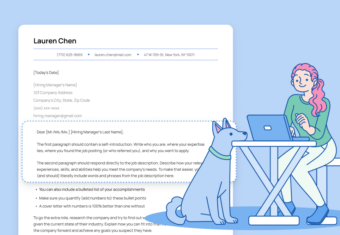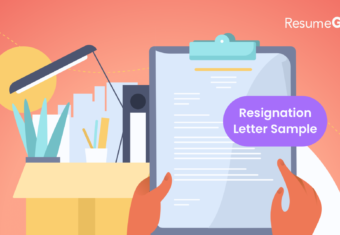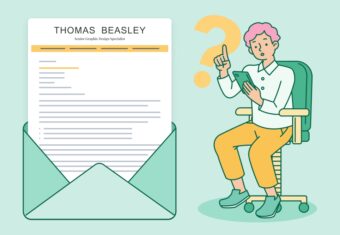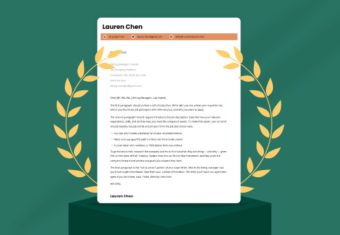Thanking hiring managers and recruiters for taking the time to interview you shows you have good people skills and still want the job.
Check out our video below where in-house career expert Eva explains the importance of a good thank you letter after an interview:
Table of contents:
- Thank you letter (after interview) templates
- Scholarship thank you letter templates
- What to include in a thank you letter
- How to write a thank you letter
- Tips for sending a professional thank you letter
- Thank you letter FAQs
Thank you letter (after interview) templates
Learn how to write a thank you letter after an interview and download after interview letter templates to help you write your own.
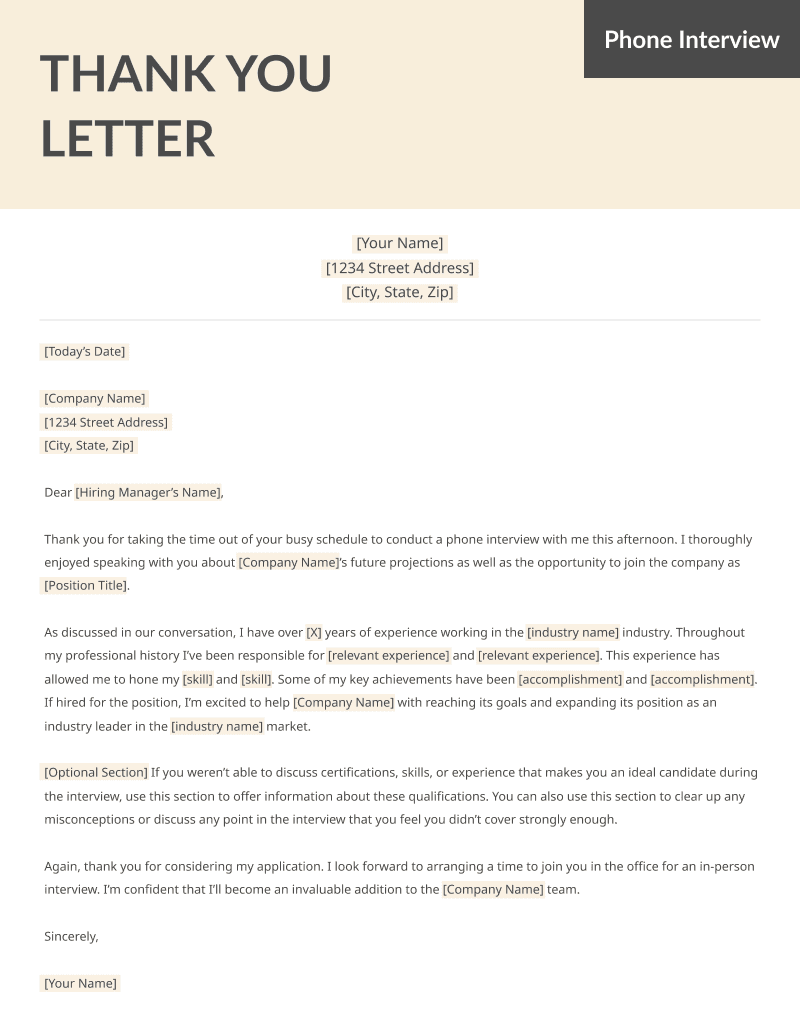
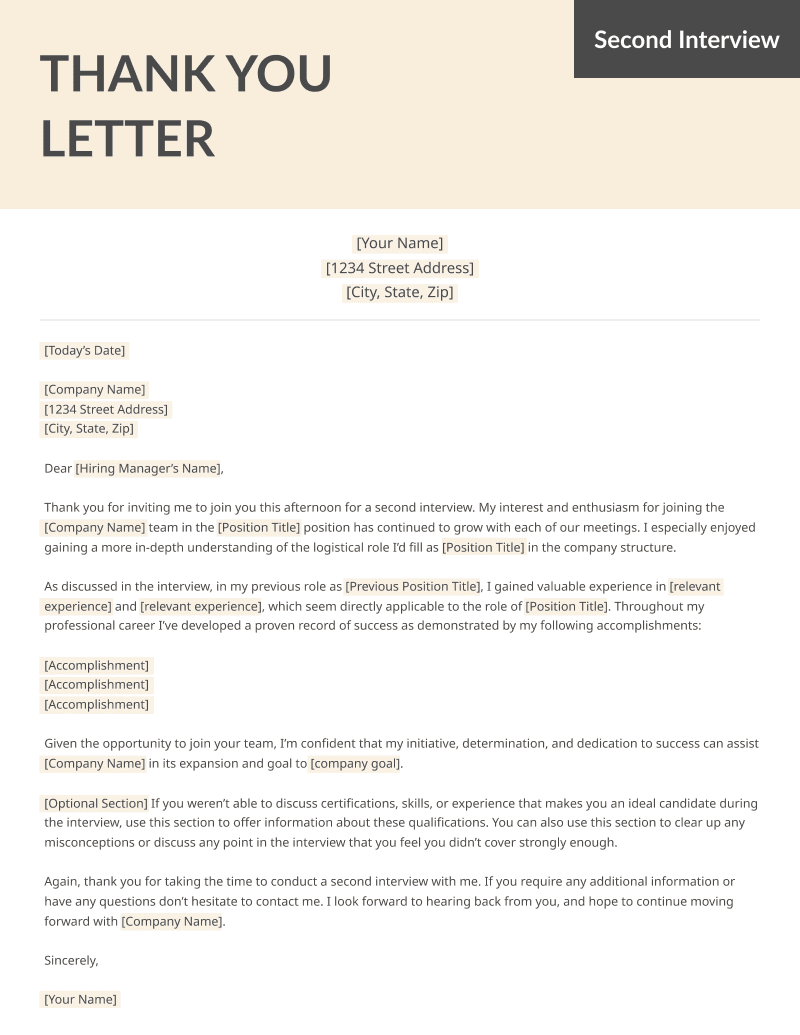
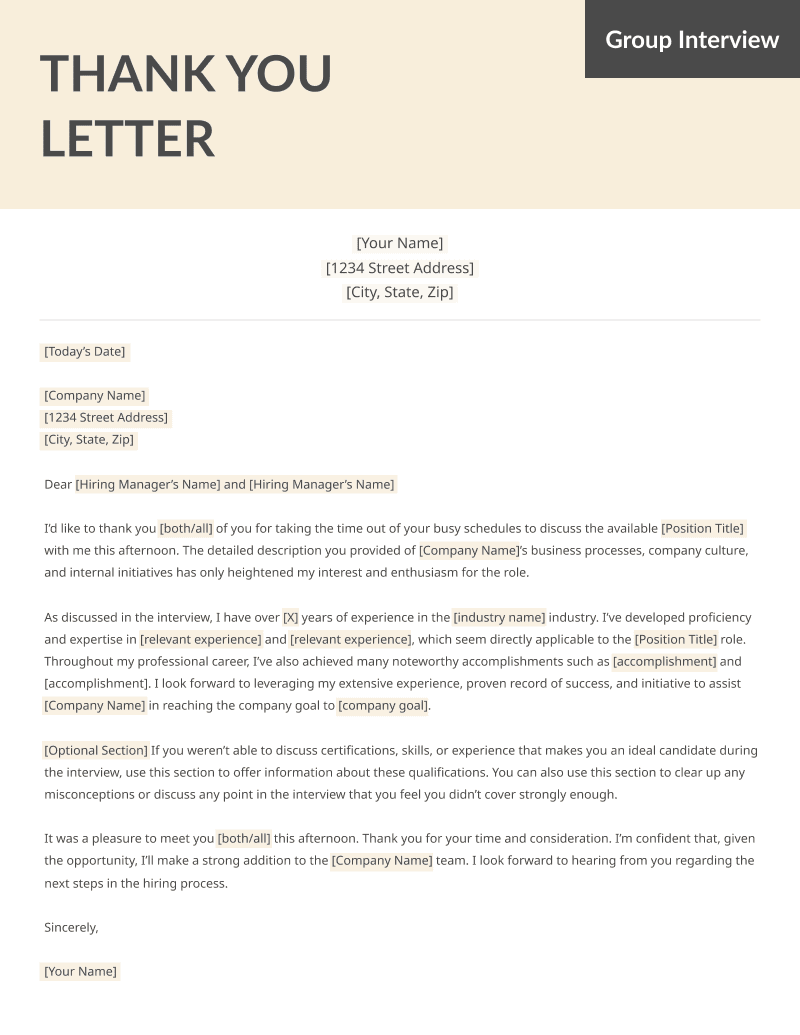
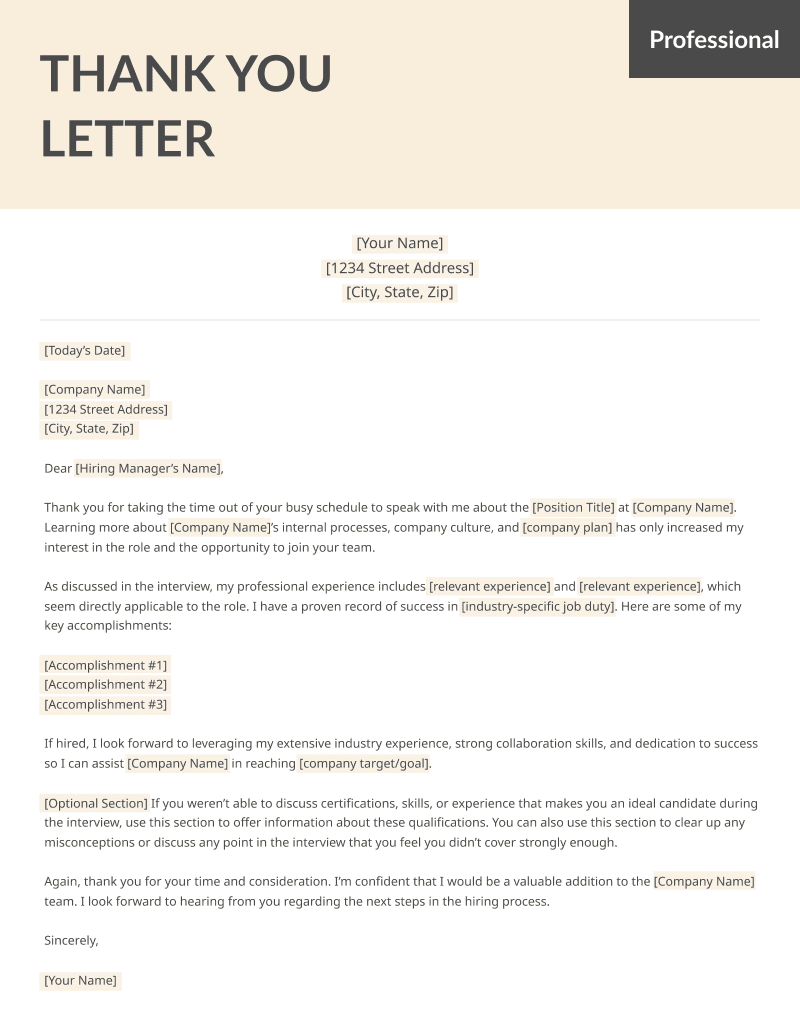
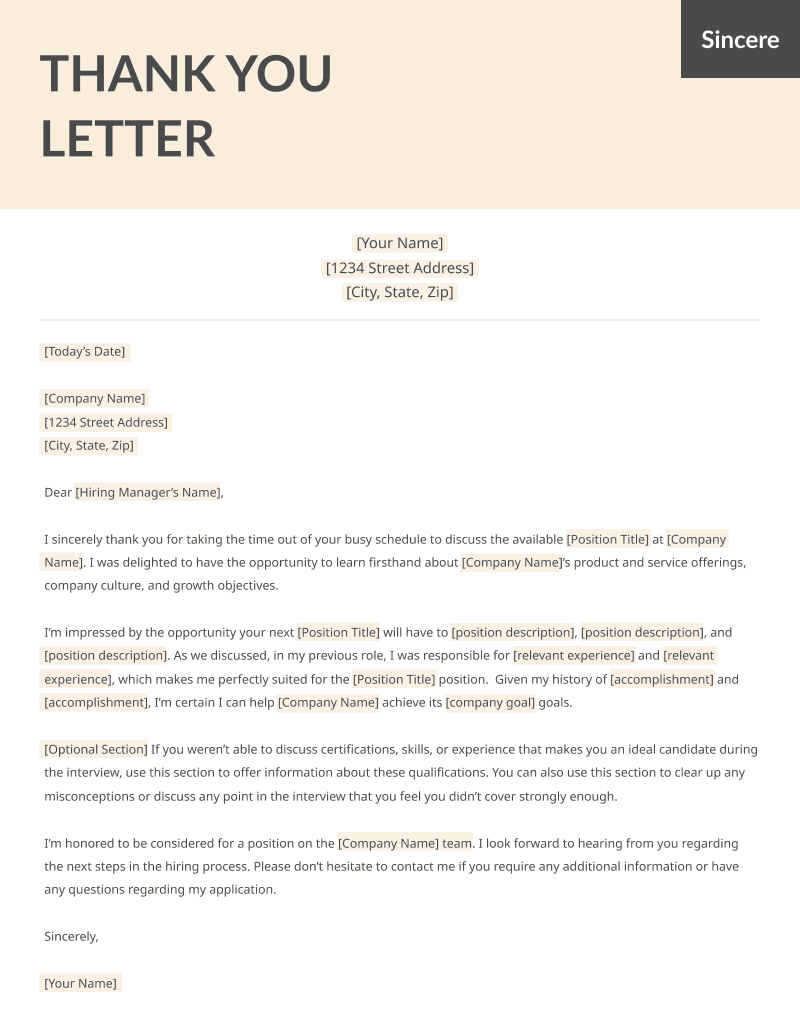
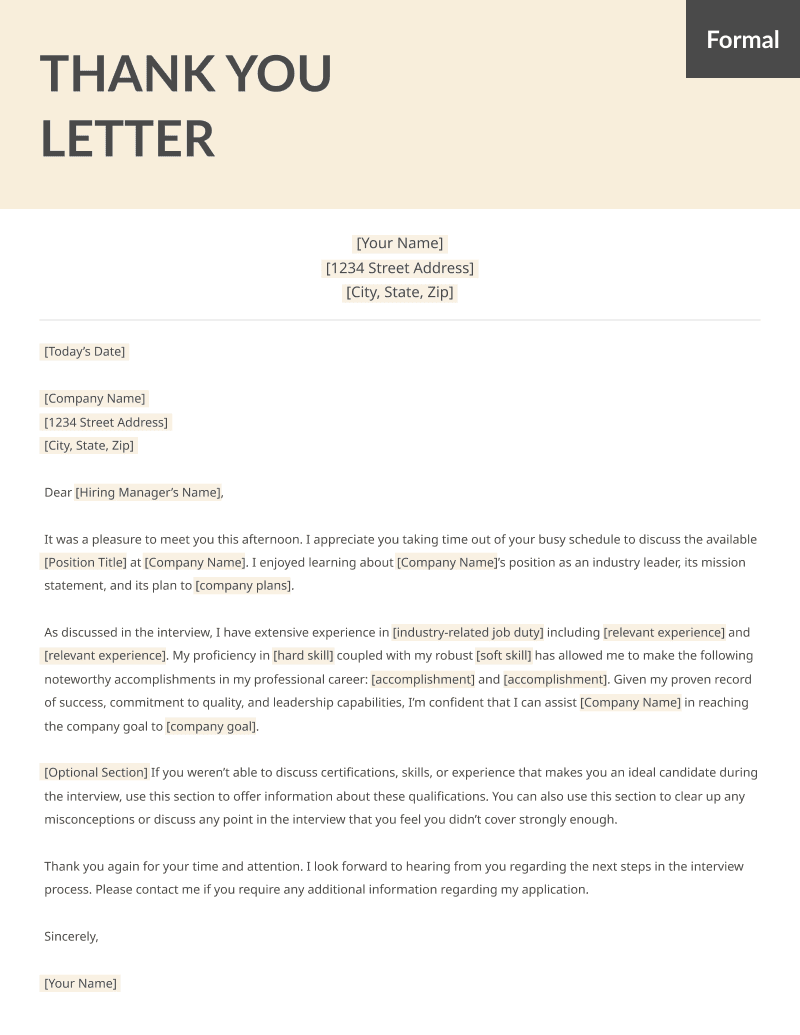
Thank You Letter After Interview Templates
View AllScholarship thank you letter templates
Whether you’ve received a partial scholarship or a full-ride, you should express gratitude to your donors for contributing to your future.
Discover how to write a scholarship thank you letter to show your appreciation and customize our free templates with your information.
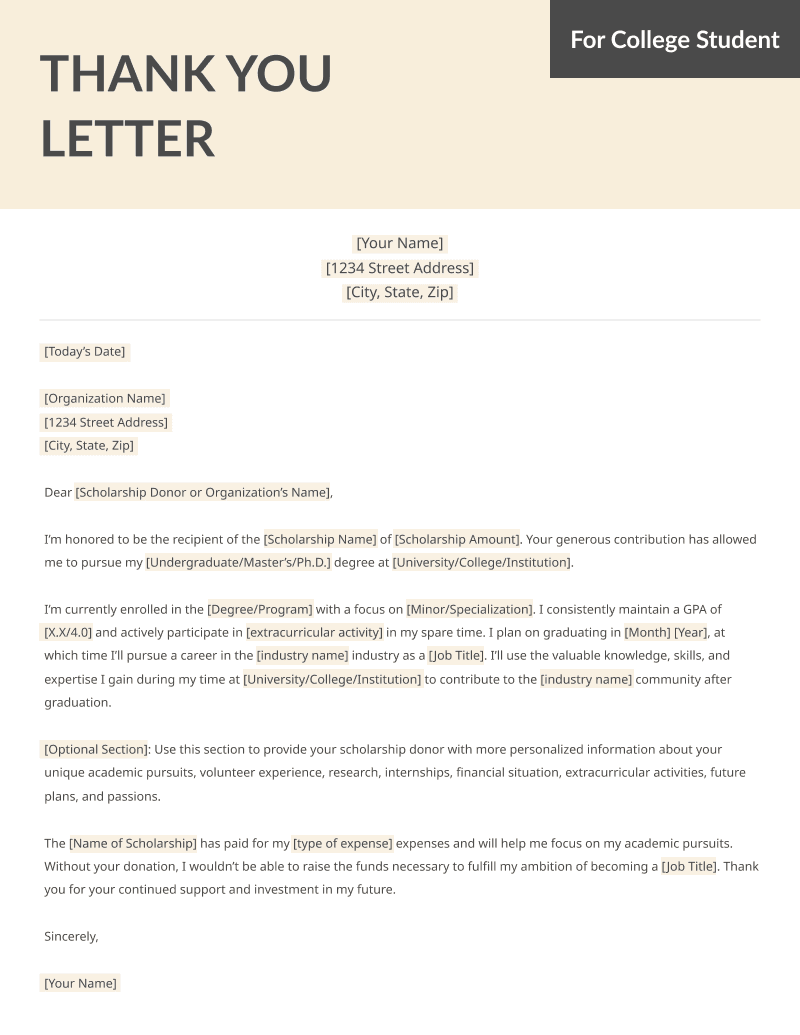
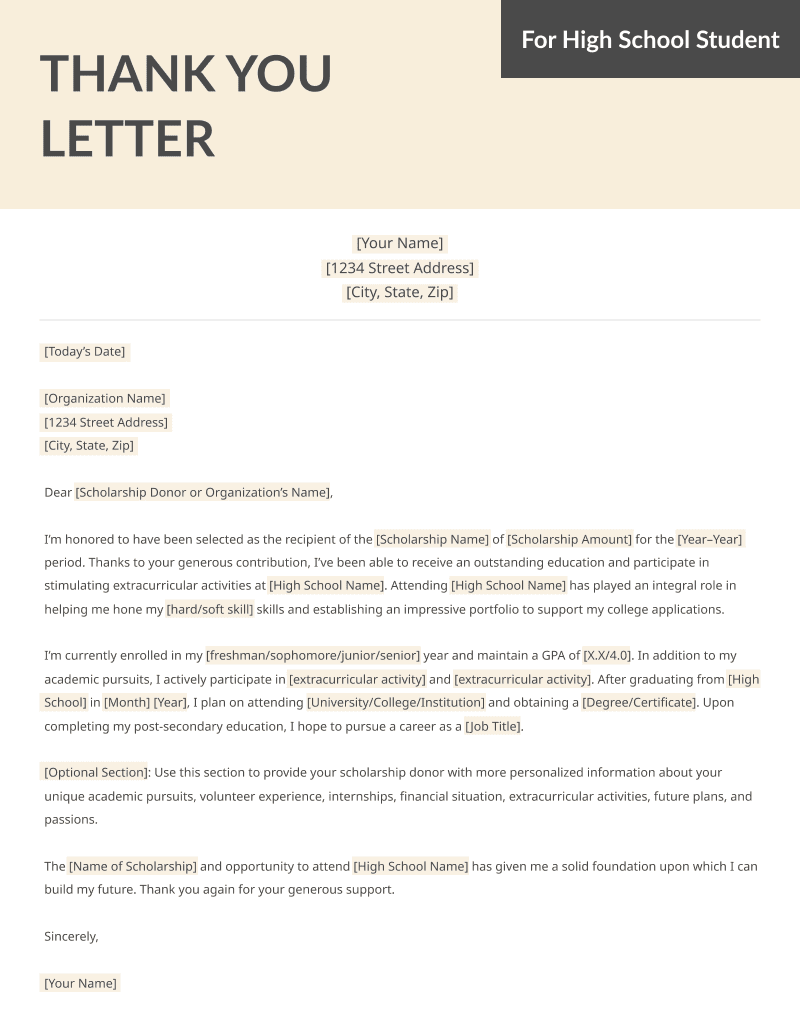
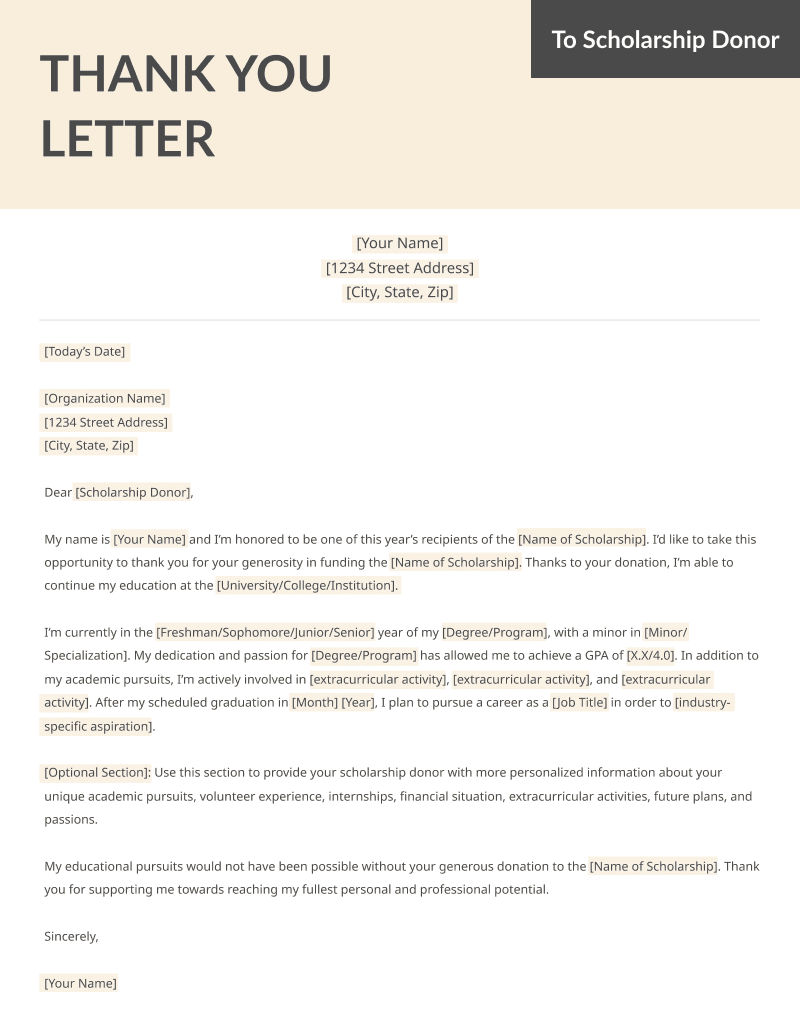
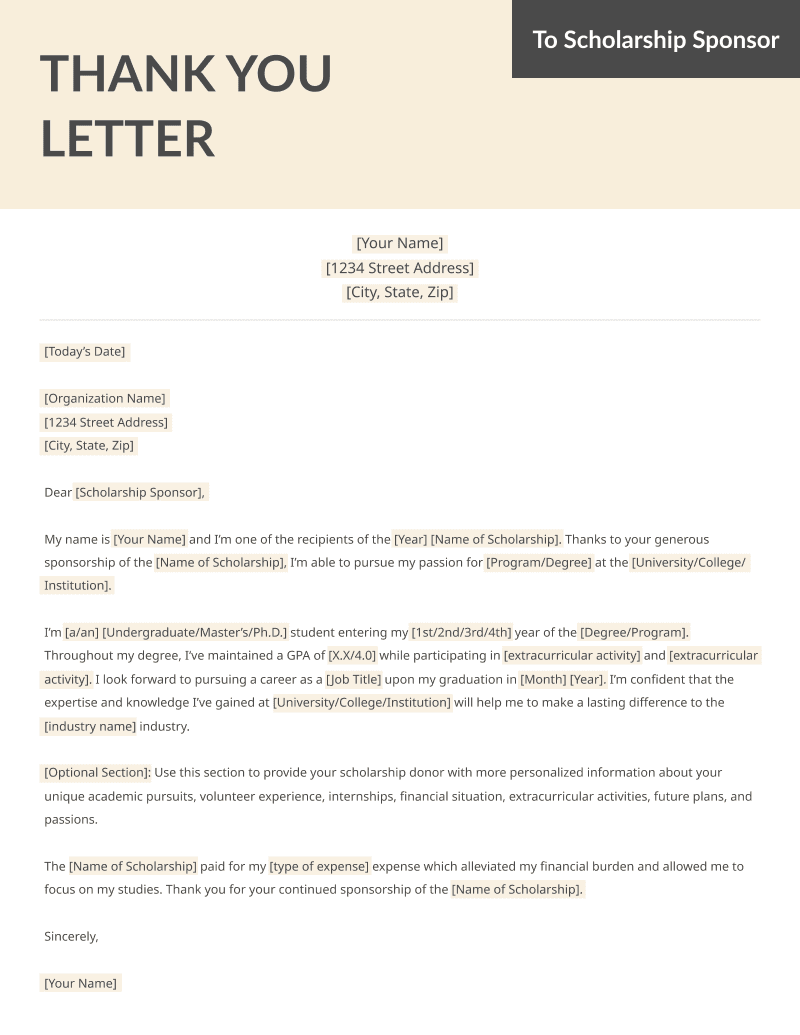
Scholarship Thank You Letter Templates
View AllWhat to include in a thank you letter
Unsure what belongs in a thank you letter? Learn what each section of a thank you letter contains by using our guide down below:
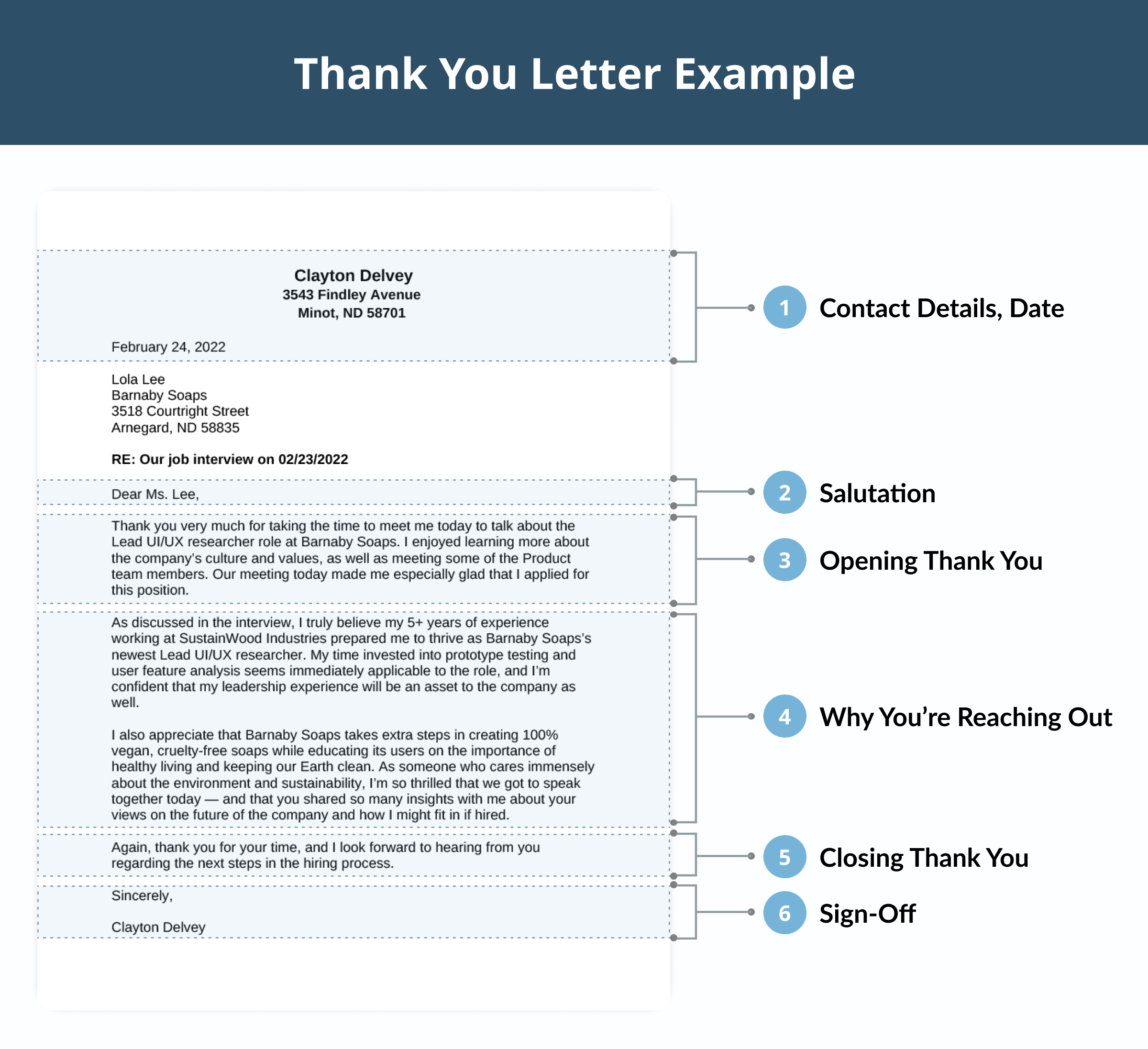
How to write a thank you letter
You can write a professional thank you letter by including the following components:
1. Your contact details and today’s date
Similar to writing a cover letter, place your contact details at the top left or top center of your thank you letter.
Here are the contact details to include on your thank you letter:
- your first and last name
- phone number
Next, leave a space under your contact information and include the current date in the upper right corner of the page.
Choose a simple format such as DD/MM/YYYY when writing your thank you letter so the recipient knows you’re following appropriate letter writing standards.
2. The individual or organization’s contact details
Listing the addressee’s contact information is important because it shows you’ve taken the time to personalize your thank you letter to them.
Add the following recipient contact details to your thank you letter:
- Organization name
- Company address
If you’re sending a thank you letter via email, don’t include today’s date, the recipient’s full contact details, or your contact details because the email will already be time stamped and include both of your email addresses.
Instead, address your recipient as [Mr./Ms./Mx.] [Last Name,] at the start of your email and provide your name and phone number below your signature.
3. Salutation
Remember to address the recipient appropriately in your thank you letter. The standard salutation is “Dear.”
Include the appropriate title [Mr.Ms.Mx.] before their last name if you don’t know them well (e.g., Dear Ms. Jones,). But if you do know the person well, address them directly by first name (e.g., Dear Andrea,).
Writing a scholarship thank you letter and don’t know the name of the person you’re addressing it to? Address your thank you letter as:
Dear [Scholarship Donor or Organization’s Name],
4. Opening paragraph
Your opening paragraph should directly thank the individual or organization who helped you. So include information about who you are, why you’re writing to them, and your connection to the person or organization.
5. Body paragraphs
Use your 1–3 body paragraphs to provide specific details in your thank you letter. These details can include:
- why you’re thankful for their assistance
- what you learned from the experience
- how your skills or experience will benefit them (if you’re applying for a job)
- what your future plans and goals are
6. Closing paragraph
End your thank you letter by sincerely restating your thanks, and reminding the recipient again why you’re writing to them.
7. Signature
Close your thank you letter with an appropriate ending such as “Sincerely,” leave a space, and then sign or type your name.
3 tips for sending a professional thank you letter
Here are three tips for writing a thank you letter that effectively shows your gratitude:
1. Be concise and specify why you’re writing your letter
Thank you letters should be brief to show appreciation for the recipient’s time. So remember to provide short paragraphs that clearly explain why you’re writing the letter.
Also, be sure to personalize your thank you letter. Provide specific details about yourself and the recipient or organization, so your thank you letter comes off as thoughtful and sincere.
2. Send your thank you letter as soon as possible
You should submit your thank you letter immediately after an interview, right upon receiving a scholarship, or as soon as it’s clear you have something to thank someone for.
Sending your letter promptly shows the reader you’re thankful for their time or help, and makes you come off as a thoughtful individual.
Try to send your thank you note within 24 hours after an interview and within one week of receiving a scholarship if possible.
3. Proofread your thank you letter before sending it
A thank you letter is a professional document, so don’t forget to proofread your letter for spelling, grammar, and punctuation errors.
Try using a tool like Grammarly or asking a friend or family member to edit your thank you letter before sending it.
Thank you letter FAQs
What is a thank you letter?
A thank you letter (also known as an appreciation letter) is a typed or handwritten one-page document that shows your gratitude toward the recipient for providing a service, gift, or opportunity.
Experts encourage directly mailing or emailing a typed thank you letter every time you want to say thank you in a professional setting — such as receiving a scholarship or being invited to an interview.
By contrast, you can send a handwritten thank you note in person or by post in a casual setting (like writing to a friend or family member).
Why should I write a thank you letter?
You should write a thank you letter because it shows professionalism and respect, and people simply liked being thanked in most situations.
Writing a thank you letter also makes you more memorable to someone and helps to maintain future contact with them.
For instance, taking the time to send a personalized and well-thought-out thank you letter after an interview sets you apart from other applicants and can help you land the job.
And when you express your gratitude and continue to create positive connections with others, your future employer is more likely to write you a letter of recommendation if you ever need one.
When should I write a thank you letter?
You should write a thank you letter as soon as possible after an event or situation occurs where you want to show your appreciation.
You should write a thank you letter when you:
- finish an interview or an informational interview
- win a scholarship
- receive a letter of recommendation
- are referred by someone for a job or opportunity
Click to rate this article
4.1 Average rating



